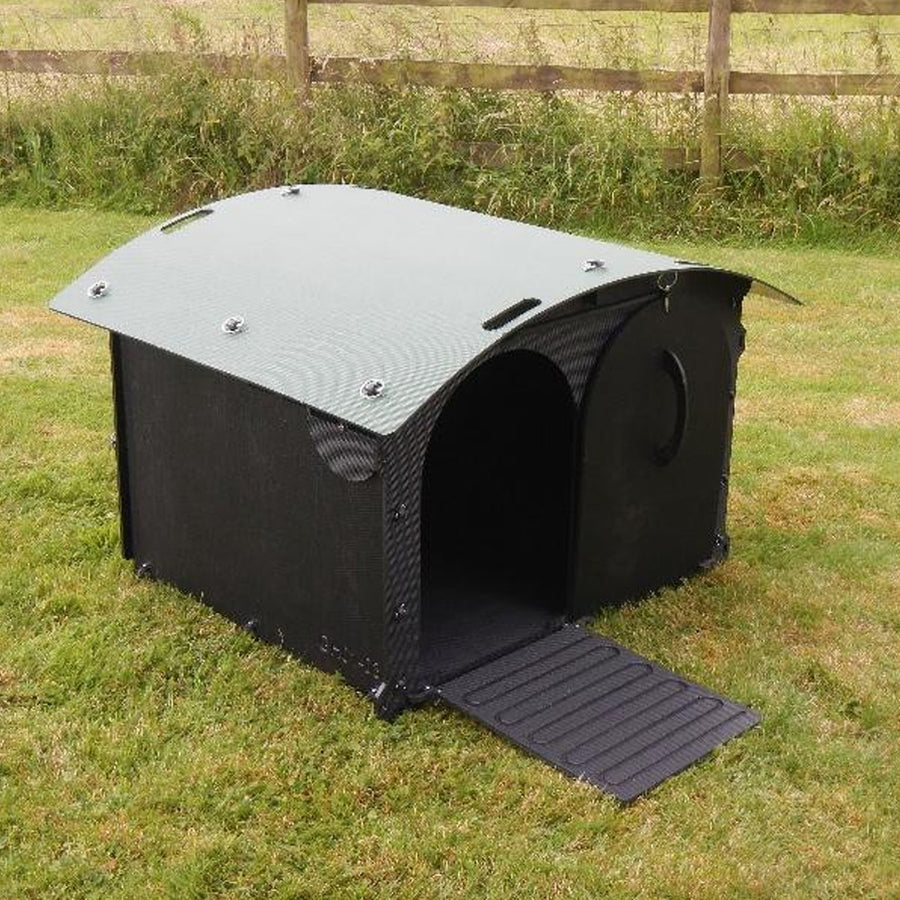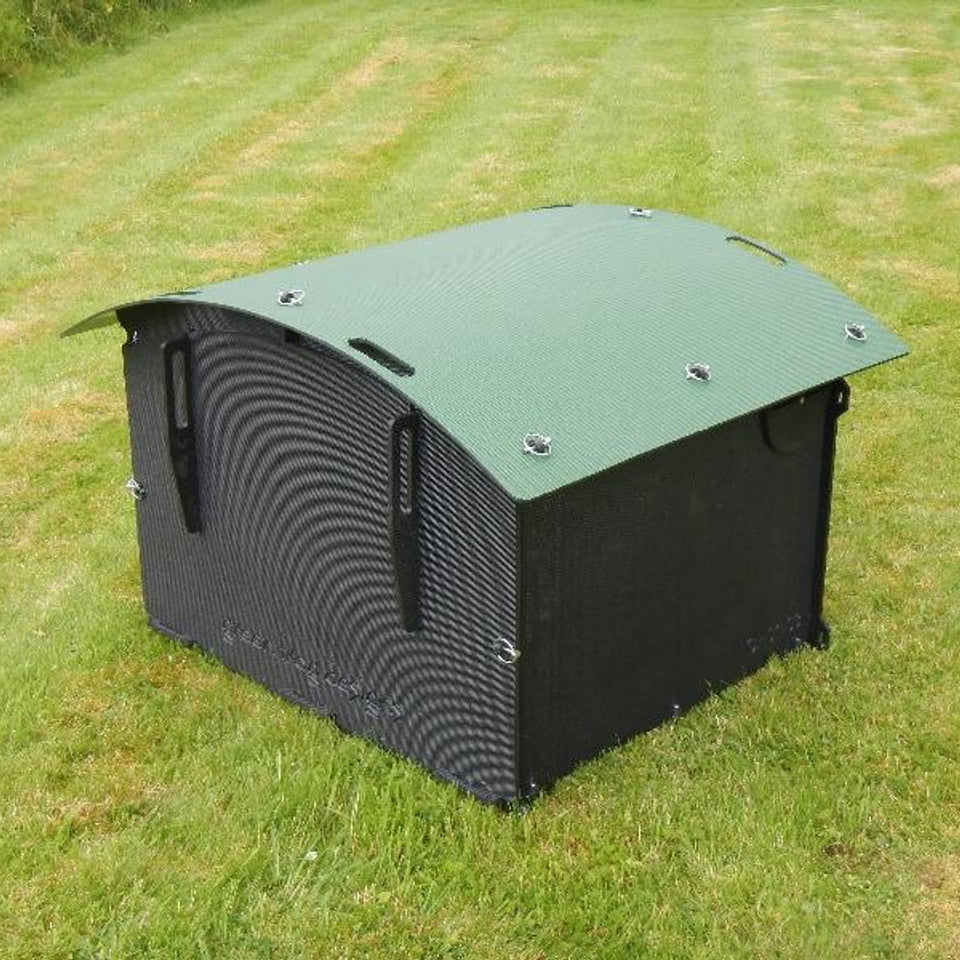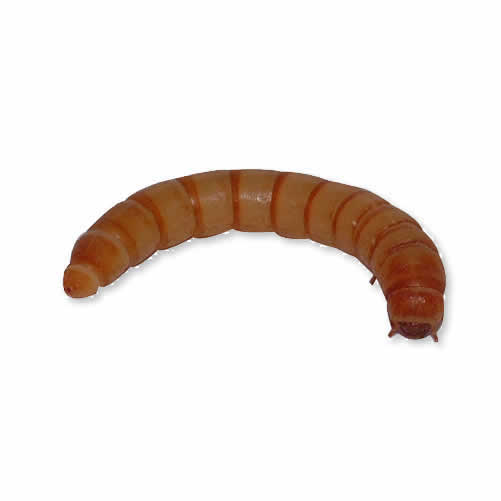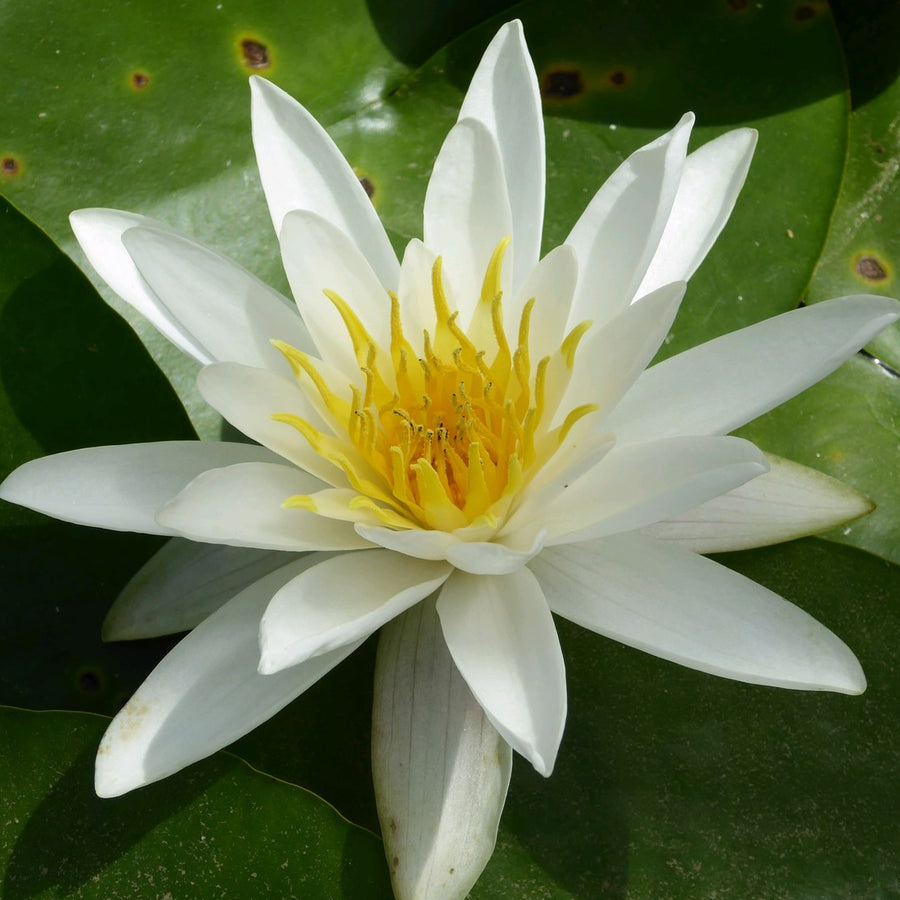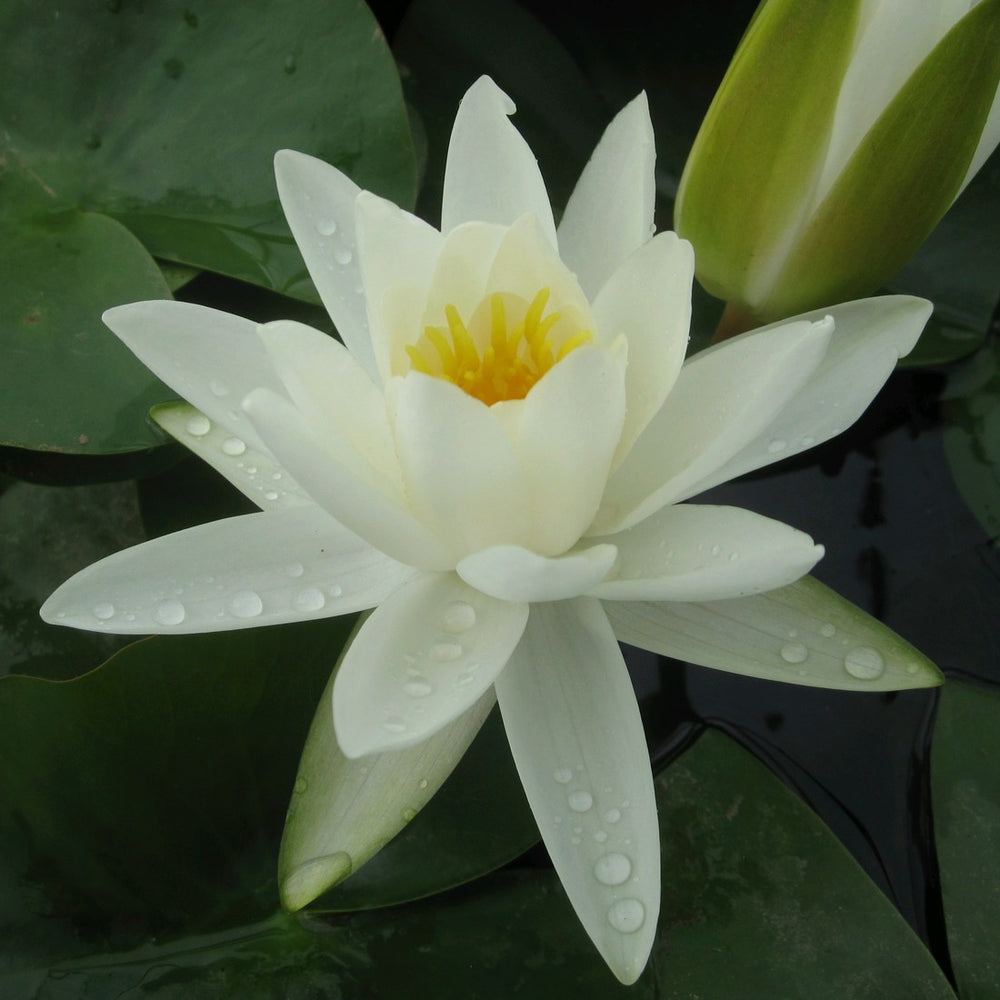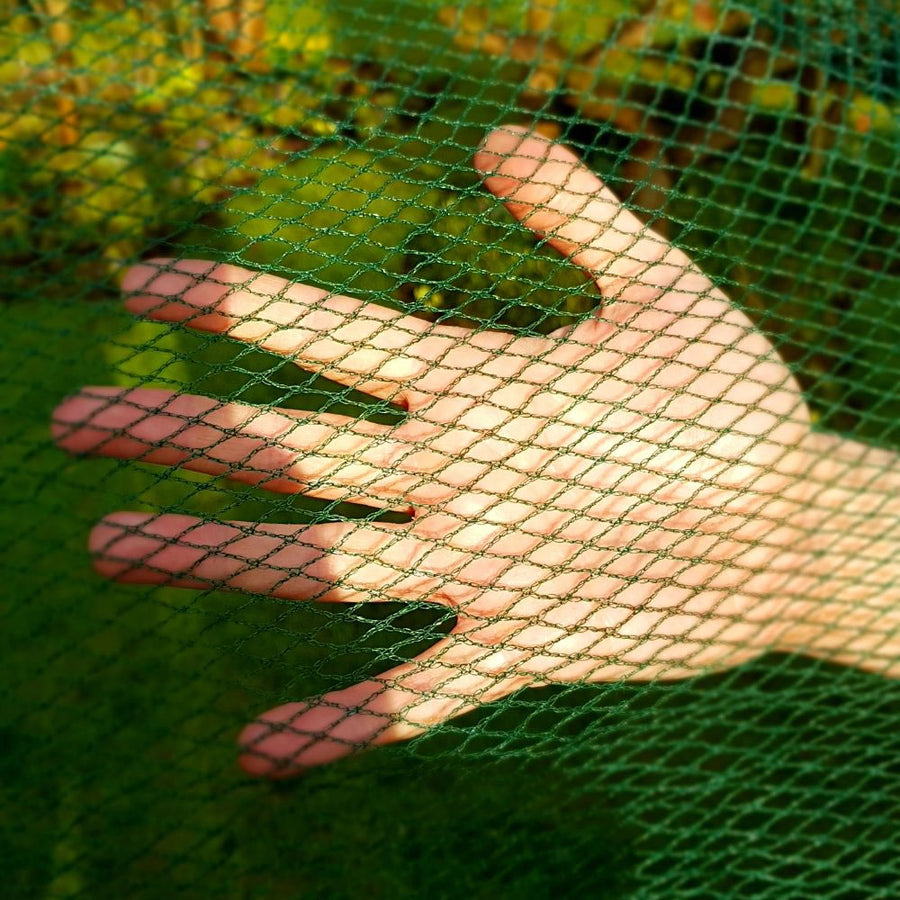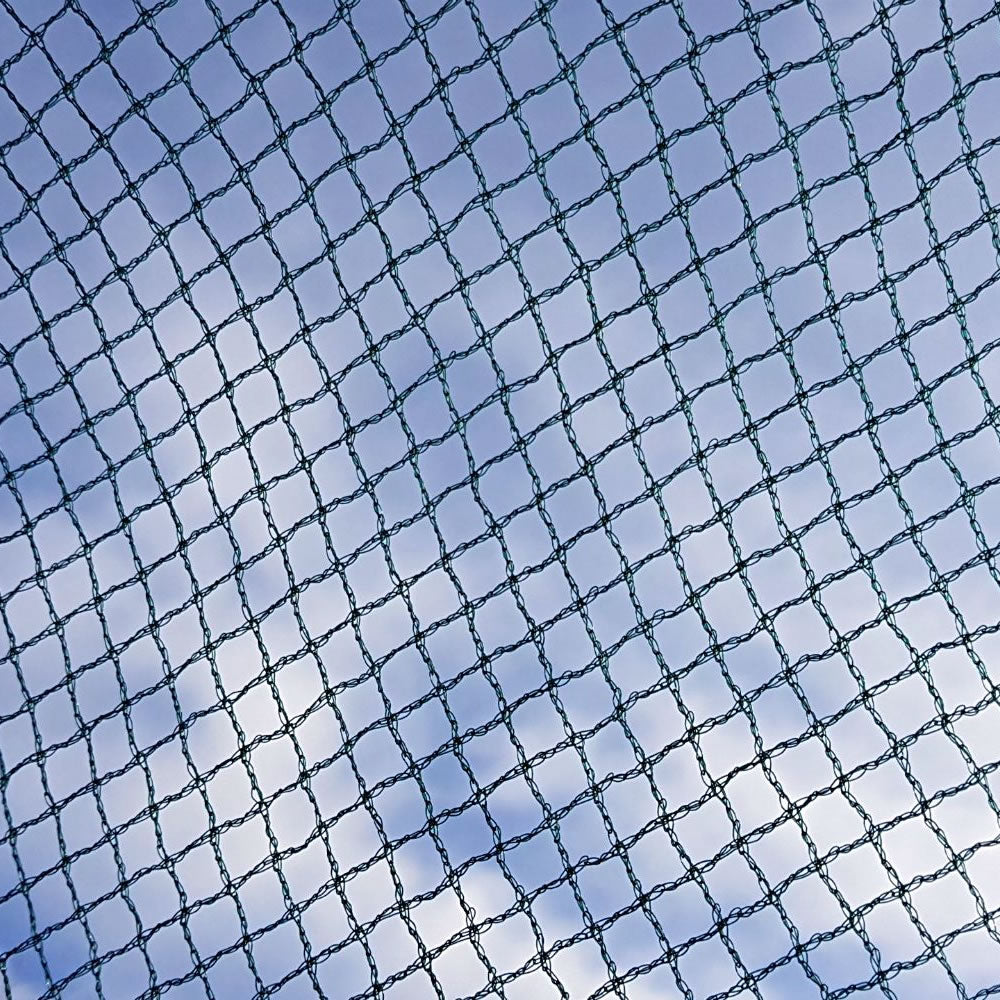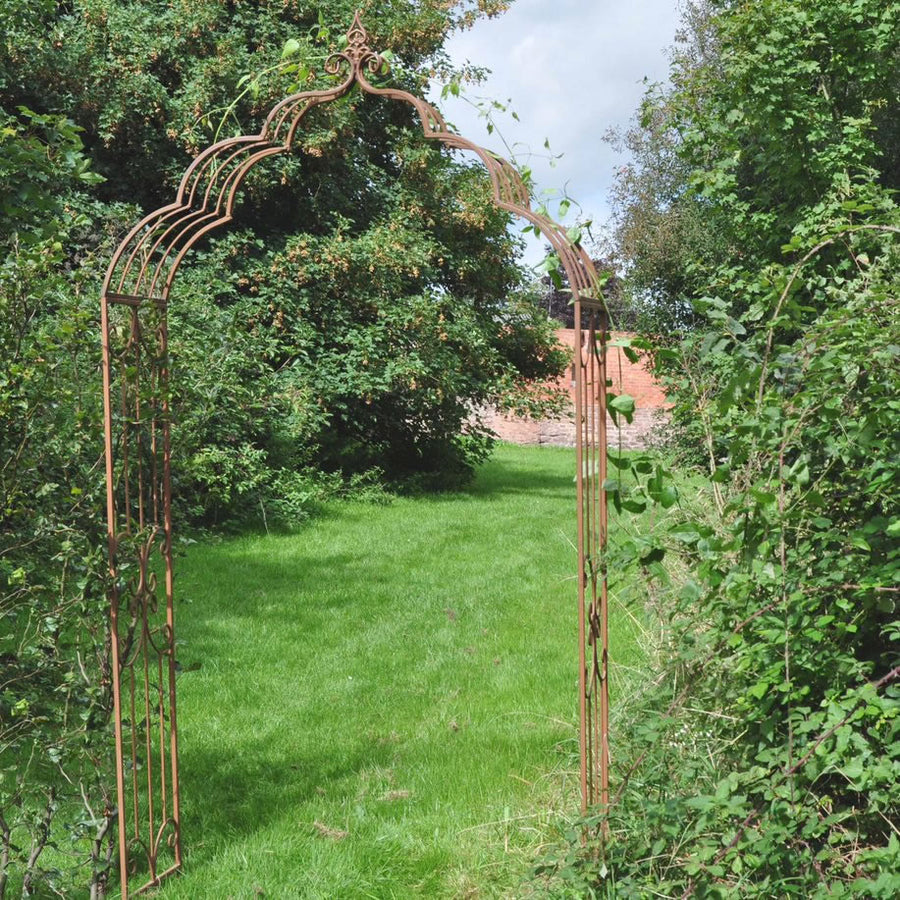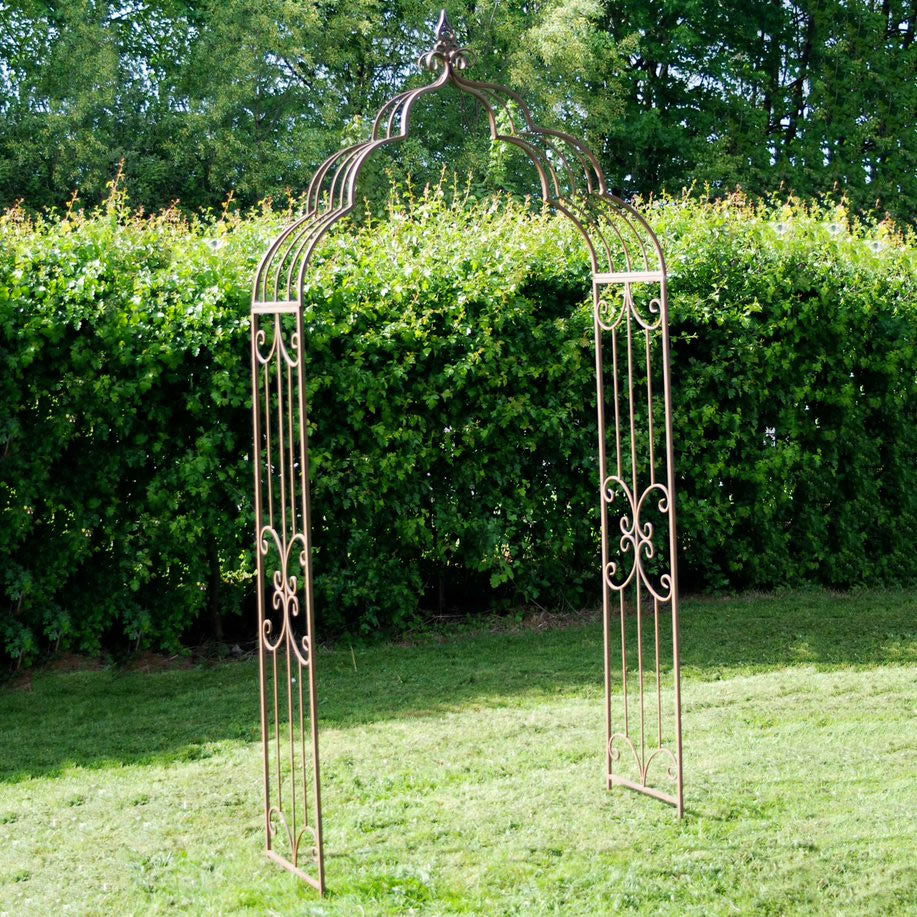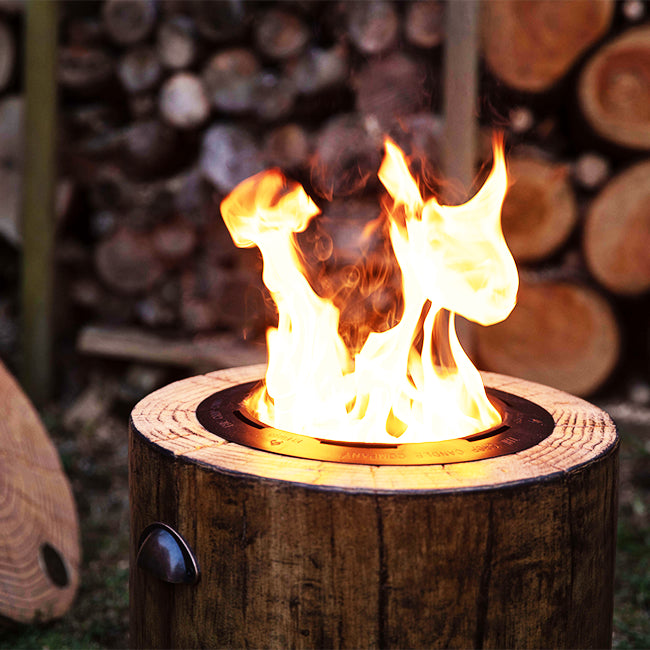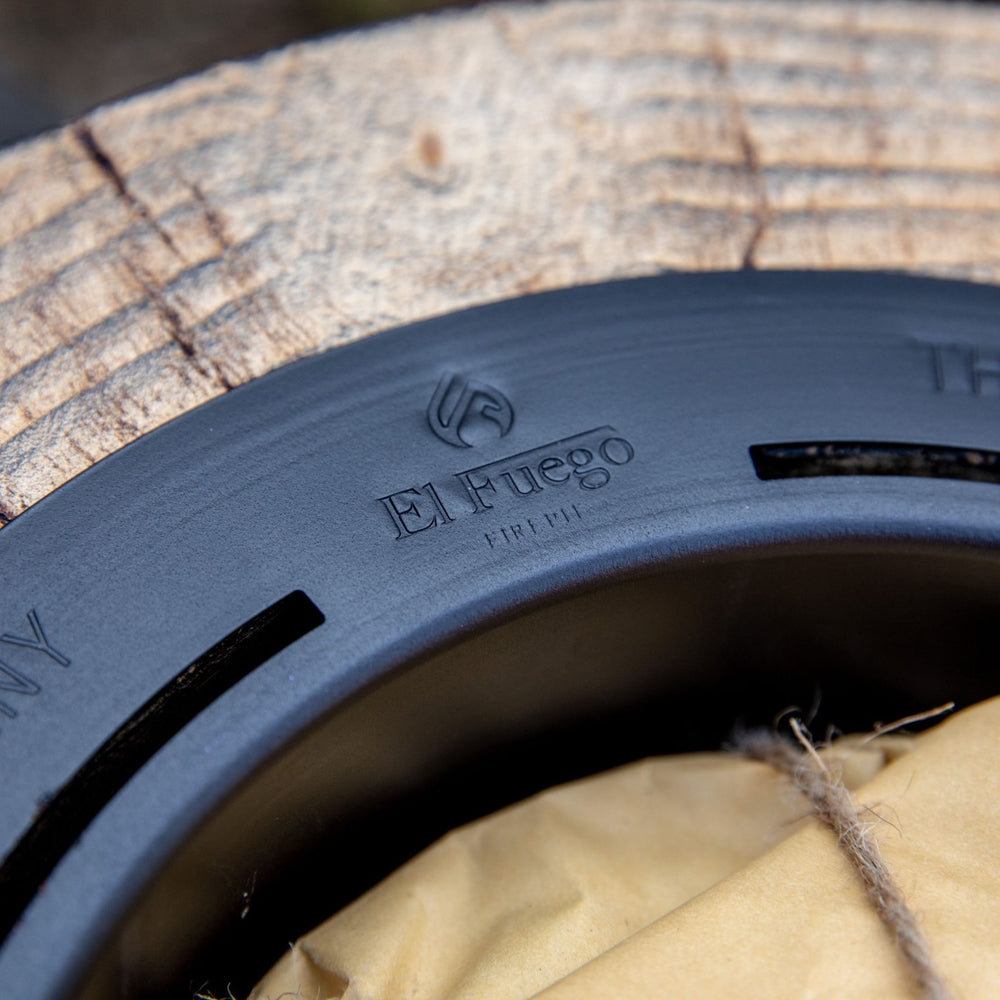Nominated for "Gift of the Year" 2018, this unique mix has been expertly designed in partnership with the Natural History Museum to attract pollinating beetles. Containing a variety of wildflowers known to be highly attractive to these insects, this mix is the ideal choice for any pollinator-friendly garden.
Common knapweed, Cornflower, Cow parsley, Field scabious, Foxglove, Great burnet, Yarrow.
- 20 balls per tin, 30 seeds per ball.
- Easy to use, simply scatter on top of soil in a garden bed or planter.
- Scatter in spring or autumn. Sprouts seen in 4-6 weeks.
Common knapweed (Centaurea nigra)
Perennial
Height: 30-80cm
Flowers: July to September
Cornflower (Centaurea cyanus)
Annual
Height: 90cm
Flowers: June to August
Cow parsley (Anthriscus sylvestris)
Perennial
Height: 50-150cm
Flowers: May to July
Field scabious (Knautia arvensis)
Perennial
Height: 30-60cm
Flowers: August to September
Foxglove (Digitalis purpurea)
Biennial
Height: 60-150cm
Flowers: June to September
Great burnet (Sanguisorba officinalis)
Perennial
Height: 40-80cm
Flowers: July to August
Yarrow (Achillea millefolium)
Perennial
Height: 8-60cm
Flowers: June to August
All seed is responsibly sourced in the UK from Flora Locale accredited suppliers, we use only peat-free compost and our steel tins are manufactured in London (they are also super re-usable and recyclable).
SEEDBALL is run by project MAYA, a non-profit eco-social enterprise working to promote environmental sustainability following the principles of permaculture.
Seed balls are a great permaculture technique for growing seed in a more simple and effective way. SEEDBALL have applied this technique to make wildflower seed balls, as growing wildflowers from seed can be super challenging! As life can get pretty hectic, Seedball wanted to make it a bit easier for everyone to have gardens, balconies and window boxes that are bursting with native wildflowers, buzzing bees and beautiful butterflies!
The seed balls contain a mini ecosystem with wildflower seeds, clay, compost, chili powder, and protective clay casing. When it rains, the seeds germinate and the chili powder deters predators until the ball degrades and the seeds sprout.
Seed balls are an effective method for cultivating drought-prone areas without the use of plowing, weeding, pesticides, or fertilizer. They have been used throughout history and promoted by Masanobu Fukuoka for their ability to produce high crop yields with minimal labor.
Seed balls are commonly used in ecological restoration projects worldwide, including the Rainmaker Project in Kenya. They can also be used for re-greening urban areas and urban gardening.


